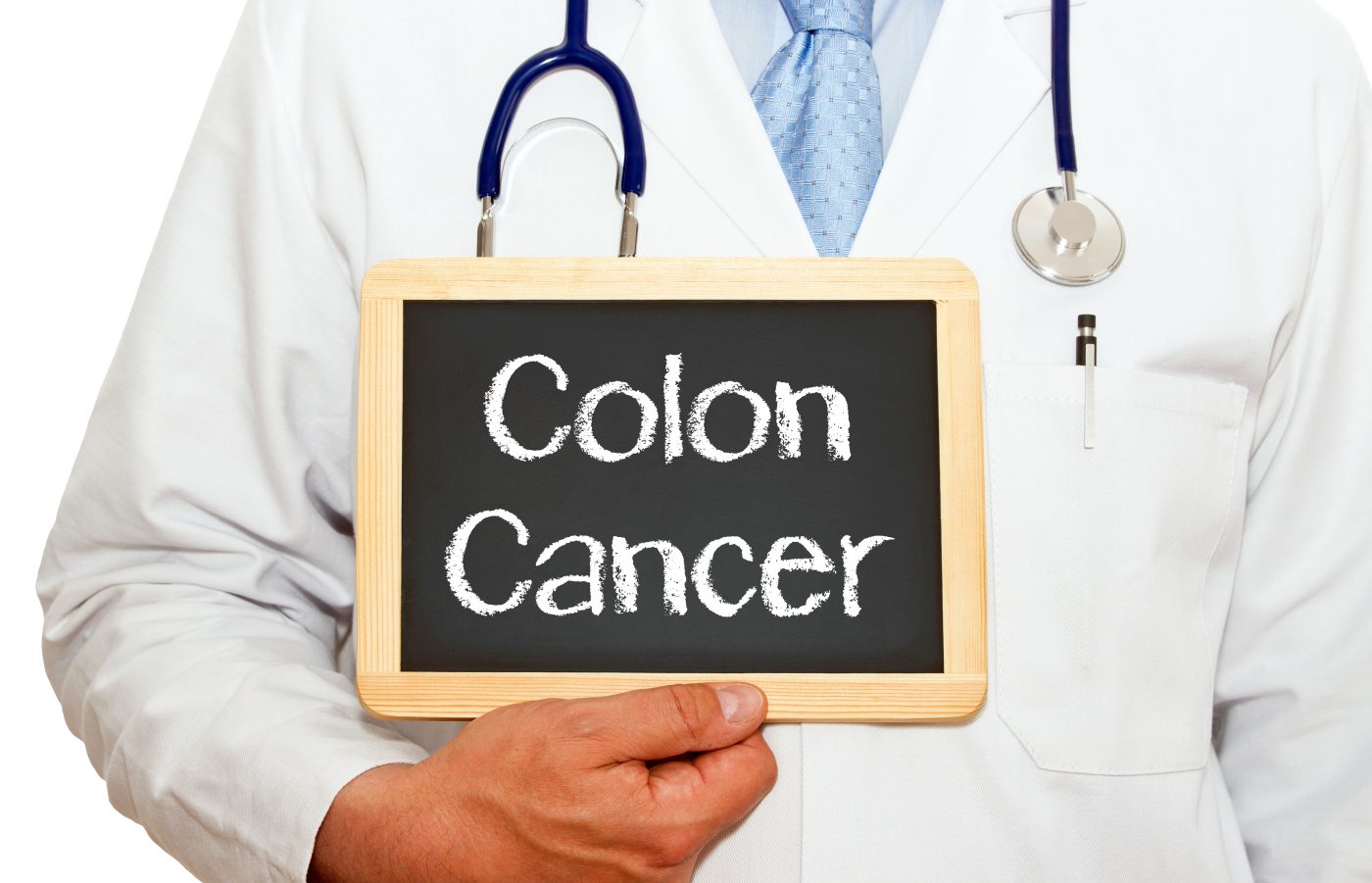The term “self-efficacy,” or a patient’s confidence to schedule, plan for, and complete their part in medical screening procedures, was found to be a key determining factor for predicting a patient’s intent to get screened for colorectal cancer in a new research study from Penn State.
The study, “Correlates of Patient Intent and Preference on Colorectal Cancer Screening,” was published in the American Journal of Preventive Medicine.
Although all adults from 50-75 years old are recommended to undergo regular screening for colorectal cancer, in 2010, only 65 percent of Americans chose to do so, according to the Centers for Disease Control and Prevention (CDC). Educating patients could improve screening rates, the findings suggest.
“We all know that screening for colorectal cancer makes a difference, but we’re really failing to get people adequately screened for it,” Mack T. Ruffin, lead researcher from Penn State College of Medicine, said in a press release, reported by Abby Sajid.
The study was conducted in Detroit between 2012 and 2014. A total of 570 men and women from 15 primary care centers were included.
Self-efficacy emerged as the most determinant factor. Feeling confident was fundamental for both types of colorectal screening: colonoscopy and stool blood testing.
“If you have high self-efficacy, you’re far more likely to intend to get screened,” said Ruffin. “It reflects knowledge experience, or understanding of the testing options. If you’re not sure how to do the test or get it done, you’re less likely to intend on getting it.”
Self-efficacy also explains associations between race, attitudes about the importance of the test, and worries about the procedure.
One objective of the study was to see how race influences intent to be screened. This was one of the largest studies to look at colorectal screening intent in African Americans. One third of the participants were part of this population group.
“The African-American population in our study had higher intent to get screening and felt like they were more able to do it than the white population, which is unique for colorectal cancer screening,” Ruffin said.
Women were less likely consider the risk of colorectal cancer, the researchers found.
“Women often will say, in focus groups or interviews or surveys, ‘It’s a man’s disease,’ when, in fact, it equally impacts men and women,” Ruffin said.
This misconception could be influencing screening rates. Women who participated in the study also had lower self-efficacy around colorectal cancer screening than men. Ruffin added that women may have other more “competing demands” regarding their health, like breast cancer or ovarian cancer.
The findings strengthen the argument stressing that more education is needed, so Ruffin and his colleagues have begun working on an interactive tool to facilitate the decision-making process, to free up doctors’ time and to clarify certain doubts upfront that could prevent patients from going through with the screening.



There is now an FDA-approved blood test for these patients avoiding colonoscopy and take-home stool tests. It is called Epi proColon. http://www.crcbloodtest.com